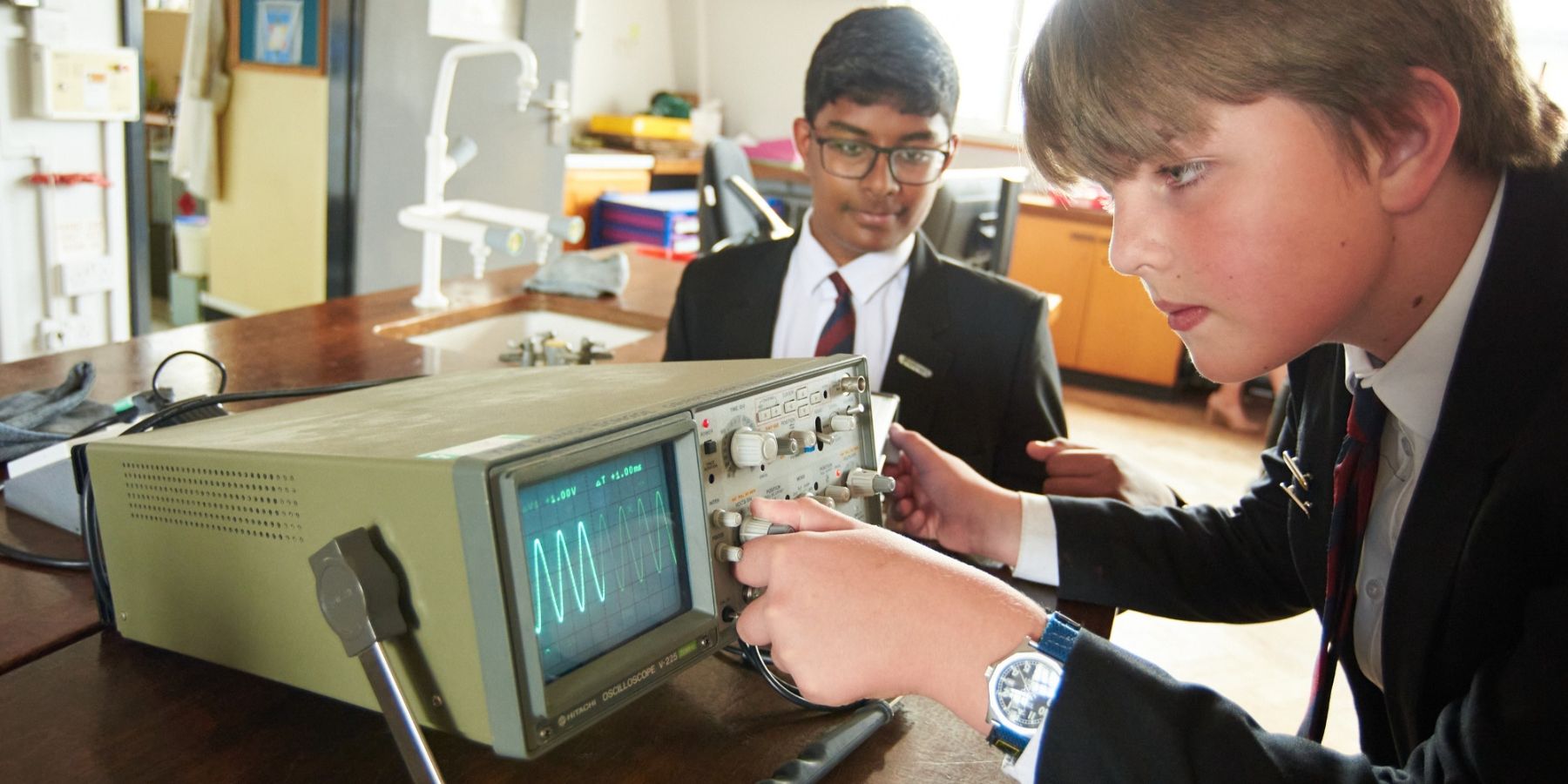Physics

Head of Department: Miss S Jones
Curriculum Intent
Physics offers the unique opportunity to understand how the world around you really works.
The desire to understand the world around us with the power of our reason has led us from Ancient Greece via Descartes and Newton to Einstein and beyond. The complexity of the world we have discovered has often confounded us and yet perhaps the greatest surprise is that we are able to understand it so well.
The Physics curriculum at The King’s School is designed to inspire students to find out about the world in which they live.
“We do not know what the rules of the game are; all we are allowed to do is to watch the playing. Of course, if we watch long enough, we may eventually catch on to a few of the rules. The rules of the game are what we mean by fundamental physics.” – Richard Feynman
We emphasise a wide variety of activities including demonstrations, computer simulations and group practical work to verifying both classical and modern physical laws, from Archimedes to Niels Bohr. The Physics department nurtures the interests of its students and is steeped in a history of excellent performance. The obvious achievement of Sir Isaac Newton, the former King’s School’s pupil, still drives the department to achieve the highest accolades and results.
Physics underpins all science and engineering and is crucial to careers in such diverse fields as aerospace and automotive engineering, medical sciences, electronics and space exploration.
The Physics staff use a wide variety of activities including exciting demonstrations, computer simulations and group practical work.
Many of the students leave to take up places at university in diverse fields such as Medicine, Dentistry, Engineering, Biomedical Sciences, Electrical & Aeronautical Engineering and of course Physics!
Facilities
The department is situated in the Brook Street block.
The teaching staff are supported by a Physics technician.
Additional Information
Students studying Physics at any level are encouraged to seek advice and help with work from any member of the department before school, during any lunchtime or immediately after school.
Students in years 10 and 11 as well as in the Sixth form have the opportunity to take part in the many different British Physics Olympiad and British Astronomy and Astrophysics Olympiad competitions. Exposing students to the type of problem-based work that is the mainstay of any kind of science degree.







